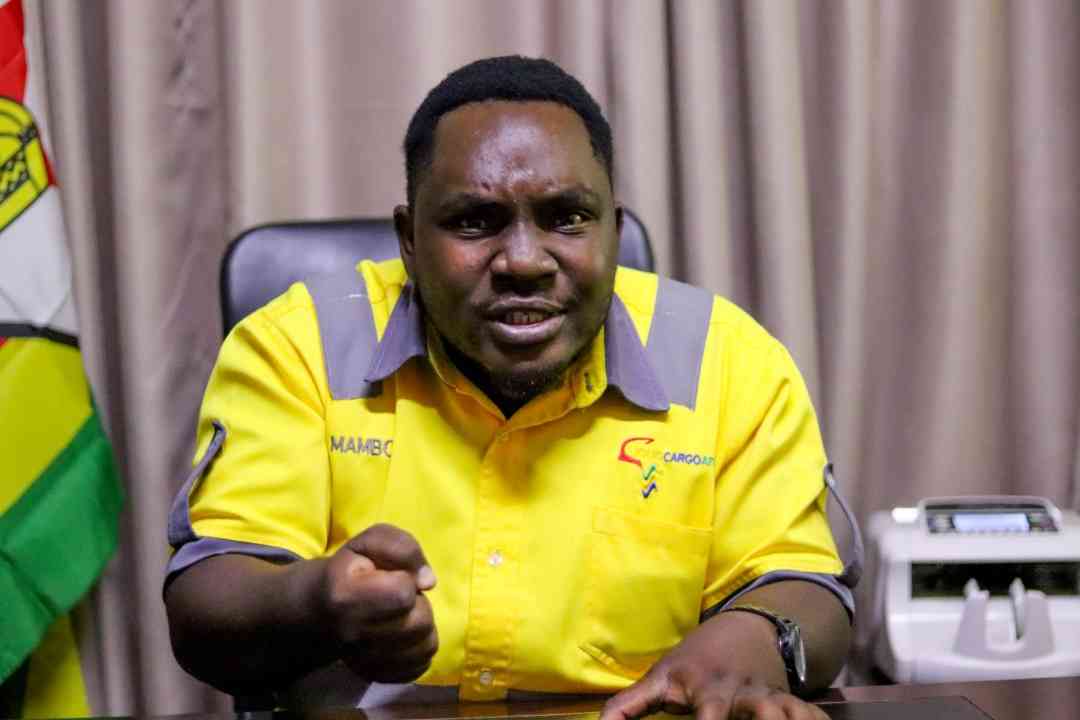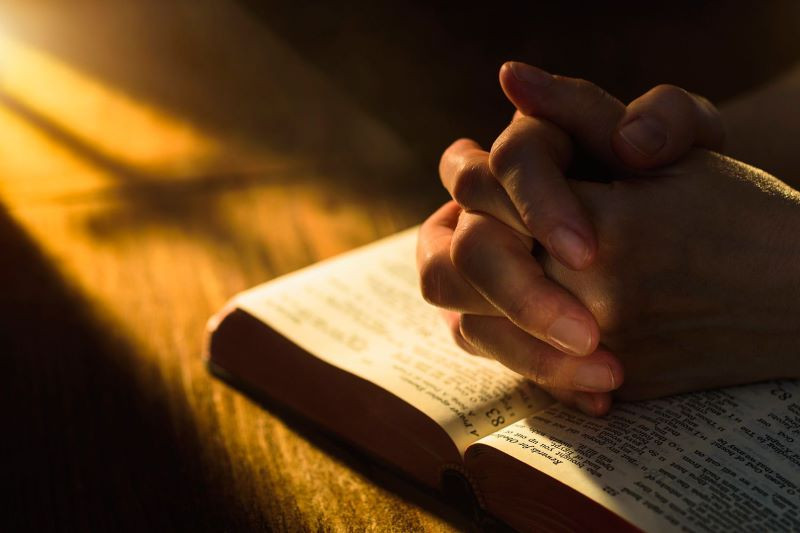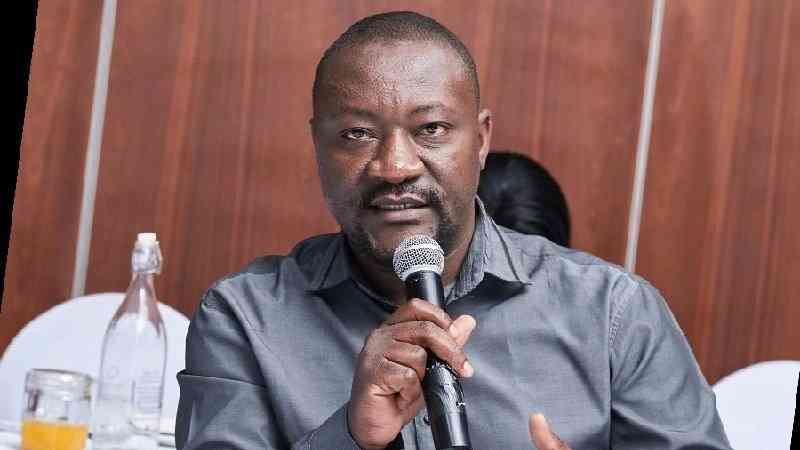
IN the past instalments, I have questioned the lack of clarity on the government’s approach to reviving the economy.
BY Tapiwa Gomo
I raised this question because since Mthuli Ncube took over as Finance minister last September, the government seemed keen on doing everything without a defined strategic direction.
Given recent events, it now seems that the government is yielding to domestic pushing them into the international market to beg investors and for funds.
For their lack of economic strategic direction, the nation is paying dearly while they globe-trot.
Living conditions have become unbearable and the government’s response to protests is adding more anger to an already desperate situation.
I guess the million-dollar question after these events and others is: what is causing the current discord in government, if the centre is still holding?
Cacophony has been become the order of the day. There are now too many voices. There is lack of clarity on who speaks for the government.
- Chamisa under fire over US$120K donation
- Mavhunga puts DeMbare into Chibuku quarterfinals
- Pension funds bet on Cabora Bassa oilfields
- Councils defy govt fire tender directive
Keep Reading
In the Information ministry, the minister Monica Mutsvangwa, her deputy Energy Mutodi and the permanent secretary Ndavaningi Mangwana seem to be competing for space. The President, Emmerson Mnangagwa, via his social media platforms, do not seem to be on the same page with his spokesperson, George Charamba.
Ncube recently tweeted about energy projects, as if we did not have an Energy minister. It is now a free-for-all and there is a glaring lack of order. The way the fuel protests, which began on January 14 following an increase in the price of fuel imposed by the government, was handled is a recent case in point on how discord has become the order of the day.
The whole world is aware that the protests were caused by high fuel prices, but different voices from the same government chose to feed the world with inconsistent narratives further denting their believability.
It is one thing to spin a story, it is another to throw the credibility of a government out of the window.
Soon after the protests broke out in Harare and Bulawayo, State Security minister Owen Ncube blamed the opposition, telling the nation that the protests were “well-orchestrated … series of events by the MDC Alliance, working in cahoots with non-governmental organisations, civic society, youth organisations, pressure groups and individuals”.
I guess the minister forgot that once he listed all those actors, he was short of saying “the majority” was involved.
And in a functioning democracy, there is really nothing wrong with these organisations and individuals orchestrating protests, even though it was clear from the onset that it was the Zimbabwe Congress of Trade Union, which called for the stayaway.
While the nation was still deciphering the integrity of the State Security minister’s statement, the security forces added their own narrative to the confusion on January 19.
And this time around, they were blaming the violence against protesters, including looting and human right abuses, on “rogue elements” who had stolen guns, military vehicles and army uniforms during the riots in Epworth and Chegutu.
Perhaps, the objective of their statement was to exonerate their involvement in the alleged atrocities committed during the protests. However, their damage control machinations did more harm than good. Both the protests and these statements occured at a time when Mnangagwa was on a tour to lure foreign investors to the country under his “Zimbabwe is open for business” mantra.
Which right-minded investor would bring their capital and assets into a country whose security sector publicly admits its inability to protect their own vehicles, guns and uniforms from “rogue elements”? That simply meant that the country is not yet ready for business.
As news filtered through that the President had cut short his Eurasia mission to return home and deal with burning issues of protests and alleged atrocities, the nation hoped for a response, but none came by.
Again, this is also becoming a new phenomenon in the current government, that when the President goes on a mission or leave, something goes wrong necessitating his early return — again raising the question on how strong the centre is holding.
That aside, Mnangagwa’s return was not as silent because his spokesperson had something to tell the nation about the protests and not the fuel situation.
He reportedly told the media that the protests in Zimbabwe were part of United States’ new policy against Africa. That plan, according to him, is continental and is predicated on reshaping the politics of the African continent to make them useful to Western imperial interests.
We were told that “the core focus of the policy is checkmating Russia and China in the African continent, itself the last frontier of natural resources”.
This comes at a time, when the same government is investing effort to re-engage Western countries which they are accusing of attempting to destabilise them.











